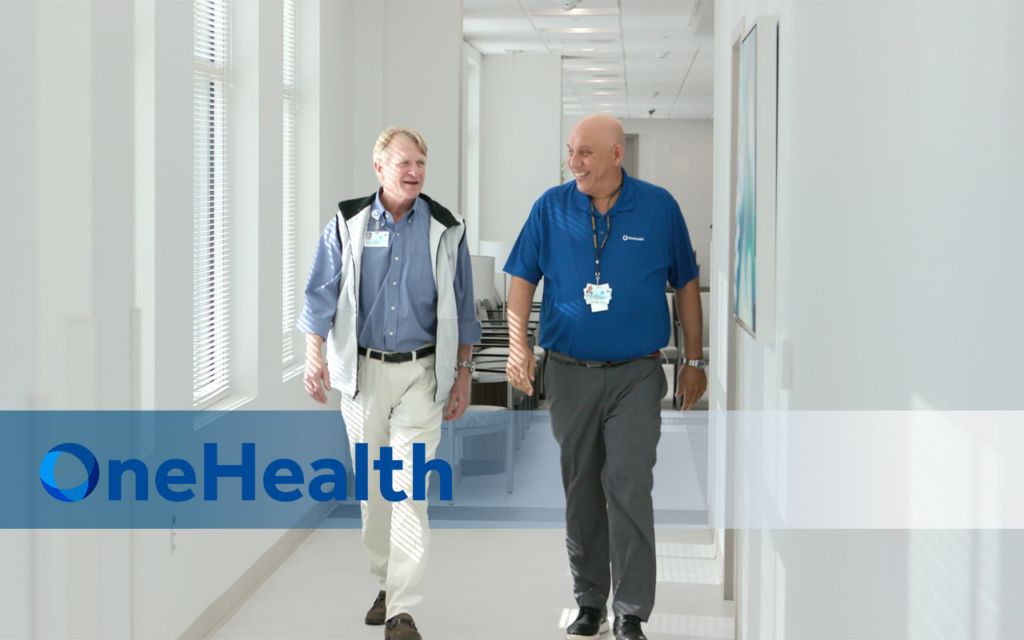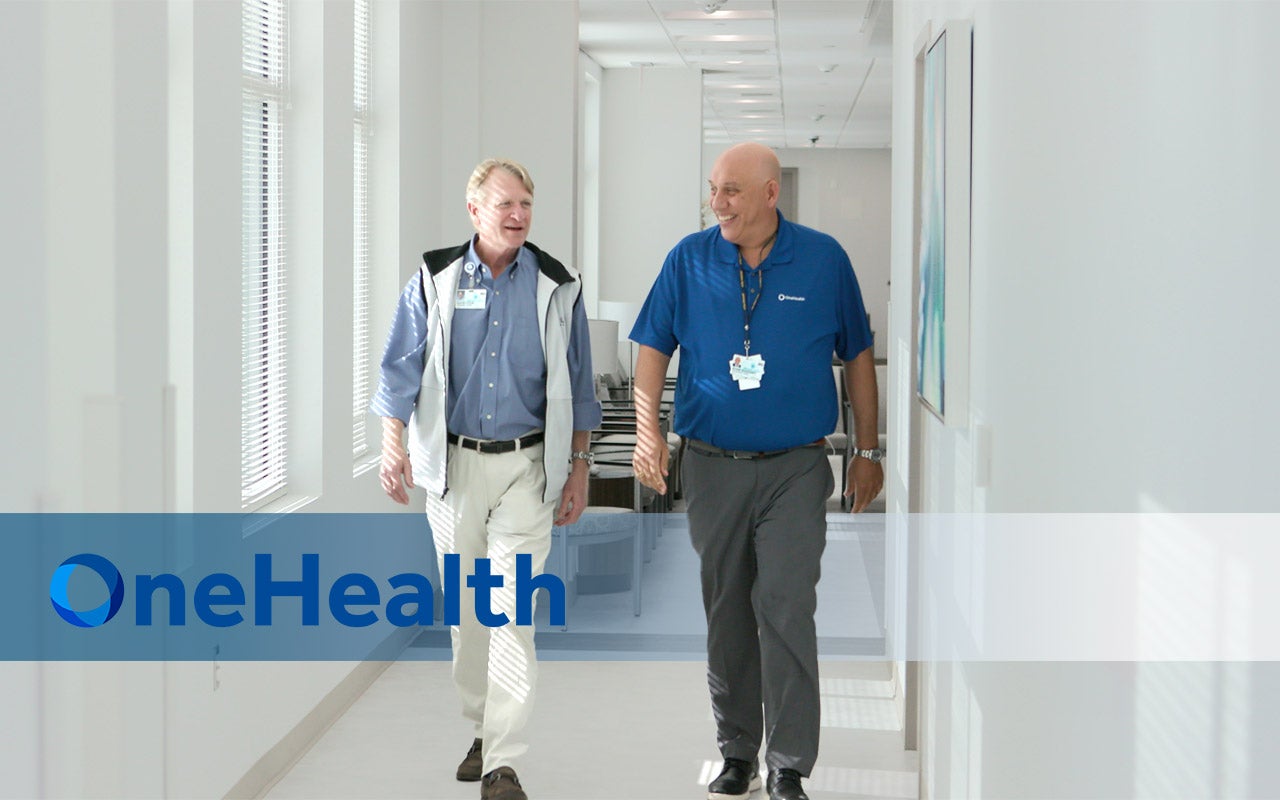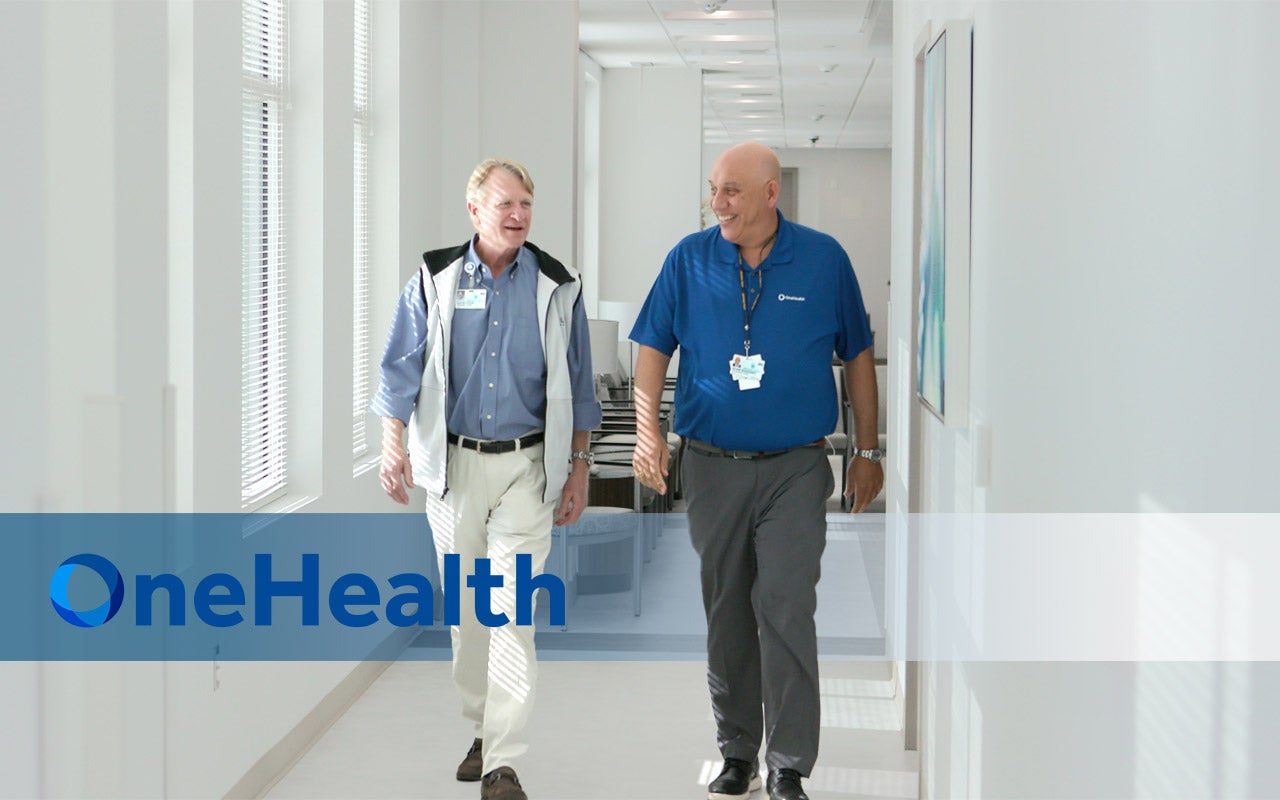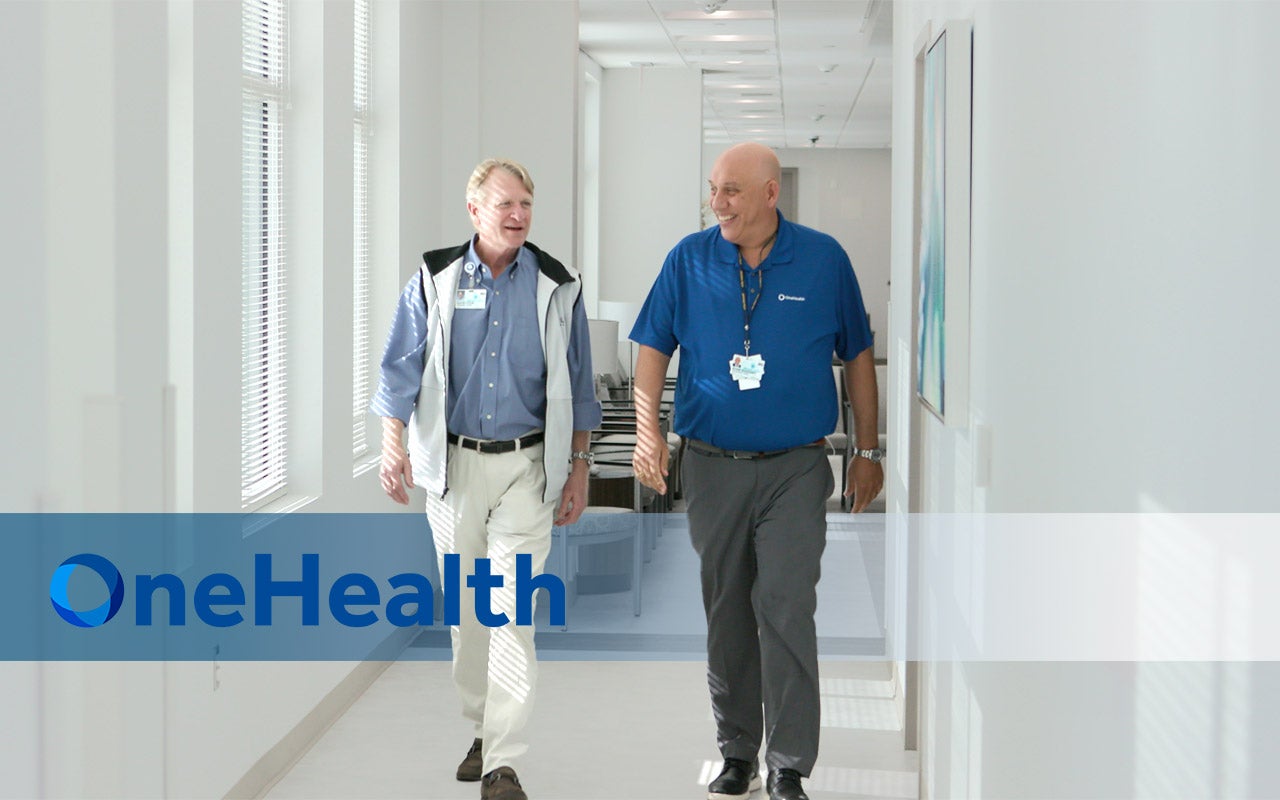
The Problem with Mobile Healthcare
Today we explore a path towards achieving equitable and affordable healthcare for all. Without a doubt the importance of treating every patient equally, regardless of insurance status or socioeconomic background is at the forefront of our provider’s minds. We understand the limitations of temporary or mobile healthcare solutions and the need for sustainable, longitudinal care models. The economic and societal costs of the current fragmented healthcare system is something we separate ourselves from.
Our patients mean everything to us and we do everything in our power to get them the care they deserve. We have a vision for a “big V” value-based care model that prioritizes quality, outcomes, and cost-effectiveness. The role of primary care-centric, patient-centric models in lowering healthcare costs and improving access is desperately needed in today’s healthcare system. Certainly the need for systemic change to create a more efficient, equitable, and sustainable healthcare system is needed now more than ever. We are taking the first steps to a new healthcare reality.

For more content from One Health, follow our One Health Modern Primary Care Podcast on Spotify, Amazon Music, or your favorite podcast streaming service.
Transcript Episode 7 – Mobile Healthcare
00;00;00;00 – 00;00;31;17
Liam
Welcome to the One Health Modern Primary Care podcast. One health is a value based primary care platform that enhances the patient experience, improves the health of individuals and populations, and reduces medical costs with a laser focus on provider wellness and care for all. Today, we explore a path towards achieving equitable and affordable health care for all. The importance of treating every patient equally, regardless of insurance status or socioeconomic background, is at the forefront of our providers minds.
00;00;31;19 – 00;00;37;19
Liam
Let’s listen to what Doctor Shaarawy and Doctor Cook have to say about this very important topic.
Dr. David Cook and Dr. Ehab Sharawy – Mobile Healthcare
00;00;37;21 – 00;01;00;20
Dr. Sharawy
You know, let’s just call it segmenting care. So segmenting populations towards things really. Again shame on us okay. If we don’t create an environment where everybody is treated equally then look the venues may be different. All that but it has to be within the scope of that authentic provider patient relationship. Does it matter about insurance or any of those things?
00;01;00;24 – 00;01;17;08
Dr. Sharawy
That has to start there. At the core. there are things that are out there. Come. You said twice a year you just you talked about something. Hey, I got this thing comes over twice a year. Let’s take it to a macro level for just a moment. So at a macro level, those things, they feel good at the moment.
What is a Macro Environment
00;01;17;10 – 00;01;39;01
Dr. Sharawy
Okay. And they might make somebody say somebody actually cares. Might for about ten minutes. Then you get thrown right back into the environment that you’re in before. And it hasn’t done anything to affect the macro environment, the sustainable health care. We have to be better, e have to do different, okay. We have to and it starts at the core of being accessible and being accessible.
00;01;39;03 – 00;01;56;18
Dr. Sharawy
It’s c I think we prejudge folks based on what what you just described about where they would fall into these segments. We pre prejudge folks. You know, you might say, well folks in that certain environment, they don’t really care about getting a colonoscopy. They don’t care about getting this skin, they don’t got to care about eating healthy. They don’t care.
00;01;56;21 – 00;02;18;17
Dr. Sharawy
I’ve heard that a lot. It can’t be further from the truth. They so much want to do the best for themselves, for their families, for their children to do that. And then the other comments also, it’s not a categorical thing. So let’s just say if somebody is uninsured because, listen, people work hard, they do things. But let’s be honest, okay.
Group Plans vs Uninsured – Mobile Healthcare
00;02;18;19 – 00;02;40;01
Dr. Sharawy
Typically, if you’re not in a group plan, you work for an industry. You’re not a group plan. It’s almost untenable. Personal health insurance almost untenable. But people’s circumstances change. So it’s kind of crazy to think that, hey, take care of this person because they’re in this little segment. But in two months now they’re in a different segment. Let me take care of in a different way, a different, better.
00;02;40;03 – 00;03;01;04
Dr. Sharawy
Shame on us. Okay. Shame on us. We we’ve got to and we’re okay at One Health to keep shouting from the rooftops to check. Even though we’re buttoned up against some good people. See, I mean, I think sometimes maybe when folks listen to this, they might think that maybe these guys are keep talking about this. There are a lot of good people that are out there doing really great things.
Changing the System – Mobile Healthcare
00;03;01;06 – 00;03;18;28
Dr. Sharawy
We have to change the system and we can’t say it enough. It’s not set enough, okay. And I think it’s important for folks that suffer. But so when we talk about health care deserts, which is what we’re talking about, these health care deserts, sometimes you think, well, those are folks that health care deserts, those are folks that are uninsured.
00;03;19;00 – 00;03;35;29
Dr. Sharawy
They don’t have access to care. They don’t have hearings. I’ll submit to you that health care deserts are all over us. Okay. A health care desert or somebody who’s, you know, let’s say a dual income family. And they’ve got good insurance and they got this. But man, they got a $10,000 deductible. That’s a health care desert okay. Because they’re working hard.
Healthcare Desert
00;03;35;29 – 00;04;03;21
Dr. Sharawy
They’re doing that. But what if something happened or they need to go do something. They’re going to think twice before they go have to hit that deductible. Equally health care desert. So I think we got to stop this idea of kind of fitting people into these categories because it creates either by unconscious bias, sadly, sometimes consciously, but let’s just say unconscious bias, treating folks differently, okay.
00;04;03;24 – 00;04;38;23
Dr. Sharawy
And we hear all the excuses, well, who’s going to pay for it. You know, here’s I’ll submit again. We got 4 trillion accounting 4.2 I don’t know. Yesterday is 4.2.5. It’ll be 7.2 something that somebody’s paying okay. Somebody’s paying okay for it. And society’s paying for it. So we got to stop those excuses. and we really need to, to, to, to center when we talk about health equity center in this, there’s a guy named Paul Farmer who I’m gonna paraphrase this quote where he said that the notion that one being and he said, man, but this man or woman’s life is more important than another.
Broken System – Mobile Healthcare
00;04;39;00 – 00;05;00;06
Dr. Sharawy
This everything wrong with the world. That ought to be right at the top of decision making, every decisions that we make. Then we figure it out right from there. So it’s not to say that the mobile units and all those things are bad things. They’re good things became the routed from altruistic thinking. And let me create let me go to a community.
00;05;00;10 – 00;05;18;04
Dr. Sharawy
Okay. So so if you have folks in a community and it’s hard for them to well, first of all, it’s because the system’s broken that they can’t access care, right? But you take a mobile unit, and let’s just say you’re going to do a minimum of traffic drive, okay? Or you bring that unit in that’s providing, primary care services, okay, to that unit.
Let’s walk through it
00;05;18;04 – 00;05;41;08
Dr. Sharawy
So let’s just walk through it, okay? Let’s say it comes every third Thursday of the year, okay. So it does it not hard to extrapolate. The people that are in that community only need care every third Thursday of the month per year. So you go in let’s say, you know, in this mobile unit you probably can impact 15 to 20 lives.
00;05;41;10 – 00;06;03;29
Dr. Sharawy
now those 15 to 20 miles, good things can happen out of that. And other good things could happen if you could take those 15 to 20 and then get them into a system where we’re that monster, okay, that we talked about happens oftentimes that’s not what happens. So what we’re looking to when we talk about there shouldn’t be a place anywhere where you just can’t put a clinic okay.
Put a practice there!
00;06;03;29 – 00;06;36;01
Dr. Sharawy
Put a practice there. Take the bricks and mortar and do that and be there to take care of those folks. Whoever comes okay to to that practice. And then it’s again, it’s our incumbent on us to figure out the other stuff, okay? Because the other stuff is happening. It’s just not happening in a good way. And I hope that’s important, I think, to resonate to folks that are listening to this, the economics behind this, the reason why health care is unsustainable, because there are outrageous costs, because the system is broken.
00;06;36;03 – 00;06;50;29
Dr. Sharawy
Folks that sit in an environment where maybe a mobile unit might come in. And again, I’m gonna say one more time, I’m not criticizing mobile units. I’ve spent a lot of time on mobile units myself, but comes in and gives a snapshot of care. It’s almost kind of like, better not to do it for some folks because it give them a little flavor.
00;06;50;29 – 00;07;17;01
Dr. Sharawy
And then now what? But the the thing to understand is, is that when you when you do that and let’s say that person doesn’t have the adequate care that’s needed, an event may happen to that person. That person will walk into emergency room and have to get care. That is exponentially more costly. So the economics of this thing, I promise, okay, it’s money’s getting spent.
What about Economics? – Mobile Healthcare
00;07;17;03 – 00;07;37;22
Dr. Sharawy
Okay. So everything that we’re talking about is the way to actually make it a really sound. There is economics that makes sense on this. And David alluded to it earlier. I think, you know, most quote statistics don’t check me on it. But, but, but for time, at least within private equity, you talk about $1 billion a month investment in health care.
00;07;37;28 – 00;08;03;02
Dr. Sharawy
Okay. Now those folks in private equity, they don’t make investments without an expectation of a 15 to 20% return on their investment. Bottom line. Okay. So to have that kind of robust desire to invest in that, most of those are mission driven. We start with a lot of over time great mission okay. But it becomes diluted because you then got to pay somebody else.
00;08;03;05 – 00;08;21;23
Dr. Sharawy
You can pay Wall Street to do so. It never will have the scale that’s required in order to really make a difference, you know, to do that. So, so mobile units are great mobile units in the context of access to a broader longitudinal care environment. I think it’s critical.
What’s the goal?
00;08;21;26 – 00;08;40;13
Dr. Cook
And part of the reason that I want to make sure what you have is so important is because the reason we put mobile units typically and I’ll use this area because I know this area well, and I could if I could do Greensboro, I would do it. But we know South Park area, most people do. We have a clinic in South Park.
00;08;40;18 – 00;09;08;19
Dr. Cook
Okay. Well, our goal is to put other clinics throughout Charlotte like, Freedom Drive or the west side of town, or like we did in Lincoln County, areas where it’s not as a fluid, a South Park, but we want to connect it to South. That can’t go under state. Okay. Why do you have a mobile clinic typically, or other clinics is that doctors typically who are working in South Park don’t want to say, hey, I want to go.
A Mission bigger than ourselves
00;09;08;26 – 00;09;27;11
Dr. Cook
It’s been part of a, world. And and part of my product is a physician building a clinic there because it’s a mission bigger than me. Okay. And I have great patients in South Park I’m gonna take care of. But I’m gonna also build a clinic there where we. We build it, we foster it, we grow it, and we’re interconnected together.
00;09;27;15 – 00;09;45;04
Dr. Cook
So if a patient is seen in freedom Drive or seen at our South Park clinic or goes back and forth, it’s like the same clinic. What do you have describing is if you do that and you do that from the beginning, you’re going to build a cost effective model where then if you needed a mobile clinic to come out of that clinic, you’re building it the right way.
00;09;45;06 – 00;10;08;12
Dr. Cook
You’ve already built that experience for the human being there in that area, and you’ve built it the right way. That’s the one health difference. It’s unique, but it’s so typically what happens in sister health care ecosystems of Aiken is they disconnect the clinics from each other, and those that are working in one place don’t really have an interest in helping you.
OneHealth is Built Differently
00;10;08;18 – 00;10;27;27
Dr. Cook
It’s not because they’re they’re not optimistic. They’re just too busy doing their thing. They don’t have a system set up to help do that. Right. But one health is naturally built to grow and do that. And that is going to be the foundational model. I believe that lowers health care costs in the future. it mitigates, a lot of unique patchwork care.
00;10;27;29 – 00;10;51;21
Dr. Cook
you know, I say this because our clinics have been part of a free clinic in this community, the Lake Norman community, for 25 years. Oh, we built a free clinic because of, at the time, 25 years ago, the community from, let’s say, Mexico, Central America and South America wanted a place that could feel safe and feel heard and big community connected people in their community.
Institutional Fear
00;10;51;23 – 00;11;15;05
Dr. Cook
Even if we’re open access, that sometimes is we were sort of institutional and there was some fear of the institution. Well, we as a group over the years with many people, and this is the the no. Zero sum game with many agreed partners have built, this type of model. and it’s been a robustly successful. Okay. But it’s not looked at is okay.
00;11;15;07 – 00;11;38;24
Dr. Cook
It’s an alternative model. And we move people in and out of that model into our practices, out of our practices. They get on Medicare, we take them out of that, they get on Medicaid or they get insurance, they move in and out. But it really provides a healthy ecosystem to to deliver, not a Band-Aid, but a full service advocacy for care for everyone, which is really important because we are just touching on it.
Pushing Boundaries – Mobile Healthcare
00;11;38;27 – 00;12;01;03
Dr. Cook
What’s the next pillar of value? It’s why we say it’s the big V. Okay, so the way you’re going to take care of everyone in lower health care costs and improve the quality, improve the integration, improve the outcomes are by changing the system. It has to be okay and we push on it, we push on it, we push it.
00;12;01;04 – 00;12;26;07
Dr. Cook
But often it’s like we’re speaking a Latin to to those that don’t understand Latin, it because we’re, we’re right now like a frog that has been put in cool waters and brought it to boiling. We don’t even know where we are. And with the system, when I say the system, the big broad health care ecosystem and without changing it, without changing it, it is hard to deliver care because the cost just go up.
Is “For All” Real?
00;12;26;07 – 00;12;47;11
Dr. Cook
I mean, I love, the notion of Medicare for all. Okay. Medicare is a wonderful system. Medicaid’s a wonderful system. But Medicare for all, we are the most powerful nation in the world. We should all have equal access to equal health care. It’s crazy. At this time in 2023, we don’t have that, take all the political reasons out, you know, etc. we through capitalism could do that.
00;12;47;11 – 00;13;06;04
Dr. Cook
But but it requires changing the ship, doing a lot of things we’re talking about today so that we can provide equal care for everyone. And they have equal access to equal care in the way we look at that, is this is that the little V is a game that we’re going to be played with the Affordable Care Act, a beautiful thing that happened in the 2008 era.
The Problem with the Affordable Care Act
00;13;06;07 – 00;13;25;14
Dr. Cook
The problem with the affordable Care Act, it was both affordable care and access to care. While the Affordable Care piece got sort of beat up in Congress so that we really never got to the affordable piece. Okay. But we got access to ACA products, which is wonderful. More people have health care now than they ever did before. So what do we do?
00;13;25;14 – 00;13;58;19
Dr. Cook
From 2008 forward? We built these programs to get us to affordable care. You’ve heard eight accountable care organizations, clinically integrated network Sims, Mssp product through CMS and the government. now, Medicaid products that are going to be, you know, really value based products in the state of North Carolina. The thing is that you have all these, these overlying products that that really are built to lower health care costs, but you haven’t built the inherit model differently inside which we’ve been talking about.
A Different Model
00;13;58;21 – 00;14;39;20
Dr. Cook
This is primary care centric, patient centric model with everything attached to it appropriately, which in itself inherently lowers cost. So you take all these other things and you have to build programs on top of these things to make them run. Right, okay. Which then takes more money to do that. Still not fixing the inherent issue underneath. So what we are steadfast for when we talk about the big V is to create value for the individual, the government, the community, the company, for systems of care that really lower cost and improve quality and outcome and efficiency so that we can apply that system, build a Medicare for all system, a universal health care
00;14;39;20 – 00;15;01;00
Dr. Cook
system. there’s countries across the world that do this and do it really, really well with better outcomes than we have. Have great rescue medicine like we do and have longevity and a human experience that outshines ours. but you have to put the big V the that, that that pillar of value has to be your focus. And it can’t be.
Population Health
00;15;01;03 – 00;15;23;13
Dr. Cook
Yeah. You know, I’ve talked about population health and babies care and I love what they are about. If you use them constructively to create the big V not too little v oftentimes population health and babies care use to create contracts in models that shave into a delta of what you think you should spend versus what you actually spend.
00;15;23;15 – 00;15;49;13
Dr. Cook
What what we’re saying, and this is where we really, really are disruptors of care is that to do all the pillars we’re talking about and definitely the for all mission has to be there. We have to put the big be there. So every interaction we go into for the individual is about how can we give you this phenomenal care in multitudes, a way that’s safe and Evidence-Based and lower your cost and give you access to care.
Not Segmenting People
00;15;49;15 – 00;16;13;06
Dr. Cook
And right now what we have to do is not segment people, because once you start segmenting everybody, you’re going to get to segment everybody. And that’s been a unique way that people make a lot of money the past decade. Segmenting Medicare Advantage lots, setting a segment Medicare loves segmenting Medicaid lives. But the disruption that that’s done, I believe we’re going to pay the price for for generations ahead, unless we make quick changes to it to get out of that model.
00;16;13;12 – 00;16;32;23
Dr. Cook
Okay, now it’s made people wealthy. Well, the wealthy on Wall Street in other places. Okay. But if we can say, okay, our goal is to take care of all people equally with great access and with the big V. Okay, how would we rearrange the system right now and do it in a way that we’ve got to keep afloat?
00;16;32;23 – 00;16;59;03
Dr. Cook
Everything that’s happening okay. and move toward a universal health care in the future where everyone can have health care. And I think that’s going to be the change that we’re talking about, the big, big change around care and for patient. How is that different? Well, it means it. And I was talking about a lot means when you come to the office, whether you have lots of insurance or you’re uninsured, okay, there’s health care deserts all around you.
What about the uninsured?
00;16;59;06 – 00;17;20;21
Dr. Cook
But for the uninsured patient, there should be no judgment. I will say that over again. You are going to be in a place where you get care equally as well as anyone in America, and now we have to use what is available to us to mitigate the cost that you have while we build a ship that’s less expensive, much more efficient.
00;17;20;23 – 00;17;25;18
Dr. Cook
And then there won’t be the segmentation of someone who’s uninsured versus some of those insurance.
00;17;25;21 – 00;17;38;21
Liam
Thanks for listening. Please follow our Modern Primary Care podcast and visit us at One Health Modern Primary Care on YouTube, Facebook, Instagram, LinkedIn, TikTok and X.







